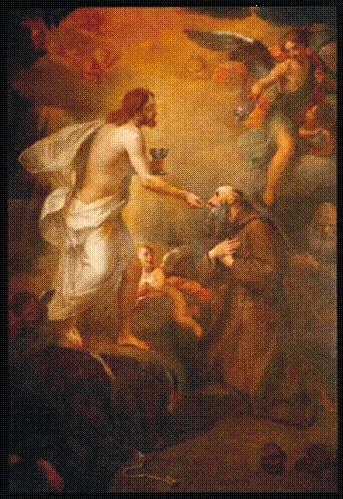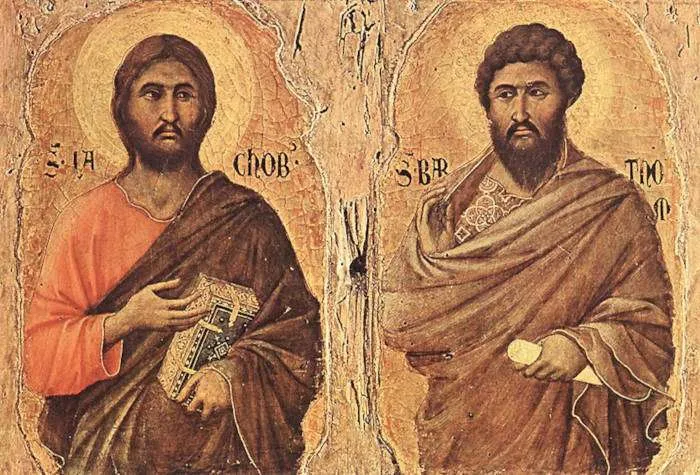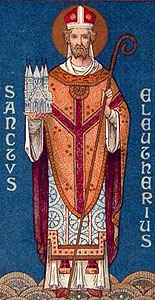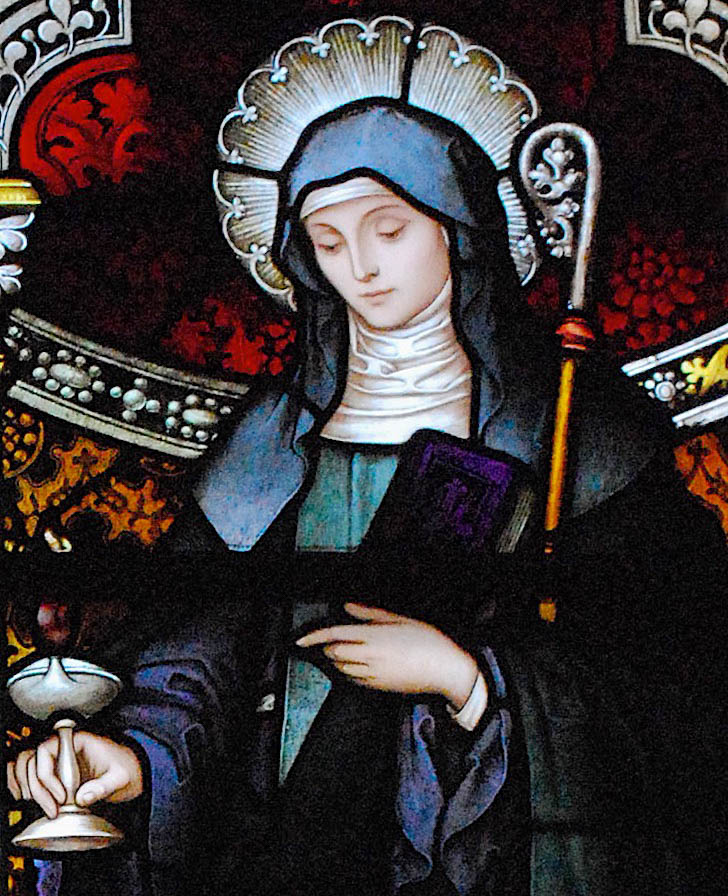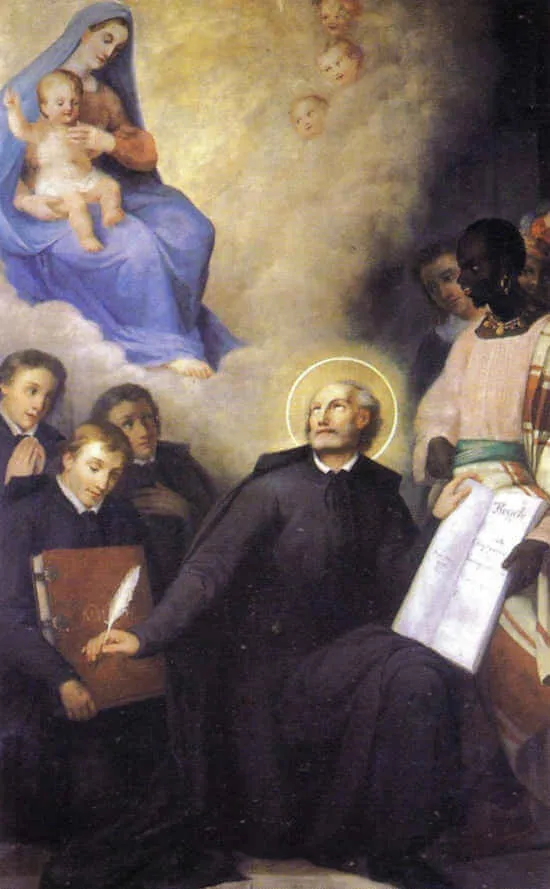1559–1619; Patron Saint of Brindisi, Italy; Canonized by Pope Leo XIII in 1881; Proclaimed a Doctor of the Church by Pope John XXIII in 1959
Julius Caesar Russo was born in Brindisi, in the Kingdom of Naples, modern-day Italy, to a family of merchants. As a child, he studied under the Conventual Franciscans in Brindisi, impressing the friars with his oratory skills, which were often showcased during special events, such as Christmas. His father passed away when Julius was around seven years old. Later, he relocated to Venice, where he continued his education under the Capuchin Franciscans. It remains unclear whether he moved with his mother or if she had also died after entrusting his care to an uncle who was a priest.
In Venice, the Capuchins, a new branch of the Franciscans, aimed to adhere more strictly to the original Rule of Saint Francis, particularly in regard to poverty and simplicity. Under both the Conventuals and Capuchins, Julius demonstrated exceptional learning. In 1575, at the age of sixteen, he joined the Capuchins in Venice, adopting the name Brother Lawrence. He soon became recognized as an exceptional linguist, mastering Biblical languages such as Greek, Hebrew, Latin, and Syriac, along with fluency in Italian, German, Spanish, French, and Czech. One legend states that he memorized the entire Bible in its original languages. After seven years with the Capuchins, Brother Lawrence was ordained a priest in 1582.
After his ordination, Father Lawrence’s linguistic gifts were put to extensive use. He had not only mastered the Bible in its original languages but was also well versed in ancient Jewish Rabbinic literature and prominent Catholic theology, such as the Summa Theologica of Saint Thomas Aquinas and the works of the Fathers of the Church. His deep knowledge, coupled with his prayerful life and manifest virtues, turned him into an eloquent and persuasive preacher, earning the respect of many, including several Jewish rabbis.
Father Lawrence was entrusted with a multitude of responsibilities after his ordination. He served as the superior of the Capuchins in the province of Tuscany, a general counselor to the Capuchins in Rome, and later as the Minister General of the entire order. His profound knowledge of Hebrew and Rabbinic literature led the Pope to appoint him to minister to the Jews of Rome. In 1601, at the behest of the Holy Roman Emperor Rudolf II, he became a chaplain to the army defending the empire against the Ottoman Turks in Hungary. Not only did Father Lawrence inspire the troops, but he also led them into the Battle of Székesfehérvár, carrying a crucifix while on horseback. His leadership resulted in a victory for the Holy Roman Empire.
In 1605, the Pope sent Father Lawrence to Germany to assist in countering the Protestant Reformation. He collaborated with princes and kings to establish the Catholic League, aimed at defending the rights of Catholics and later resisting the Turkish invasion. A devout Franciscan, his ultimate goal was always to achieve peace, a task at which he excelled. He also worked in Vienna, Prague, and Graz, Austria. During these years, he clearly articulated the Church’s stance on papal primacy and its origin in Saint Peter, the role of bishops, the Catholic view on justification, and the necessity of good works for salvation. His defense of the Church was always rooted in his profound understanding of Sacred Scripture and the deposit of faith, tracing its development from the early Church Fathers up to his own time.
Father Lawrence’s influence wasn’t limited to academic circles. His deep prayer life, prolonged and reverent celebration of the Mass, and his ability to engage with the laity in a convincing and transformative manner, endeared him to countless people. His prayer was one of continuous contemplation, and miracles accompanied his ministry. Despite his numerous duties, his personal prayer life was the catalyst for his transformation into a great saint. In addition to his devout celebration of the Mass, during which he often fell into ecstasy, he had a profound devotion to the Blessed Virgin Mary, often saying of her, “May the Virgin Mary bless us with her pious offspring.”
Besides his administrative, consultative, military, and preaching roles, Father Lawrence was a prolific writer. Most notably, he left behind significant works on Mariology, sermons, commentaries on Sacred Scripture, defenses against heresies, and commentaries on Catholic theology, particularly on the teachings of Saint Thomas Aquinas.
Father Lawrence died in Portugal on his sixtieth birthday. His intellect and influence were so profound that during his canonization process, it was stated, “He can truly be numbered among the holy doctors of the Church.” Indeed, in 1959, Pope John XXIII recognized him as one of the Doctors of the Church, making him one of eight Franciscan saints to receive this honor.
Saint Lawrence is inspirational not only because of his intelligence but also because of his holiness. His brilliance, intertwined with his humble life of prayer, transformed him into a remarkable preacher, administrator, peacemaker, theologian, and defender of the faith. As we venerate this great Franciscan saint, reflect on the fact that Saint Lawrence was precisely what the Church needed during his era. He addressed wars, theological errors, mass departures from the Church, and confusion among the laity. Saint Lawrence was the right man for the task.
Just as God positioned Saint Lawrence in a unique historical period that needed him the most, God has also placed you in this moment in history. While you may not be called to fulfill the same duties as Saint Lawrence, you are called by God to use your unique gifts for His glory and the salvation of souls. Do not hesitate to respond generously to God’s will so that He can use you in ways beyond your imagination.
Source: https://mycatholic.life/saints/saints-of-the-liturgical-year/july-21—saint-lawrence-of-brindisi-priest-and-doctor/


